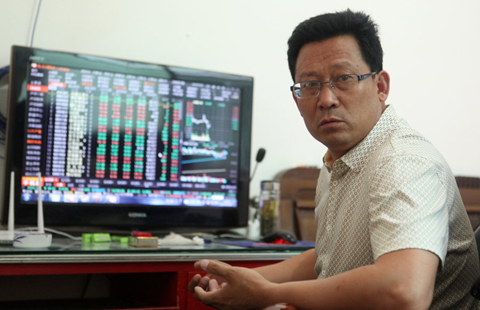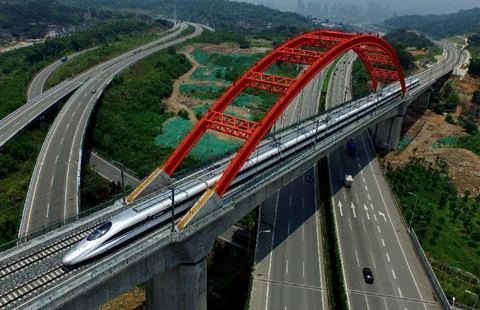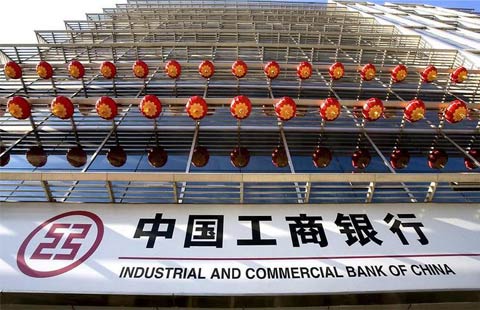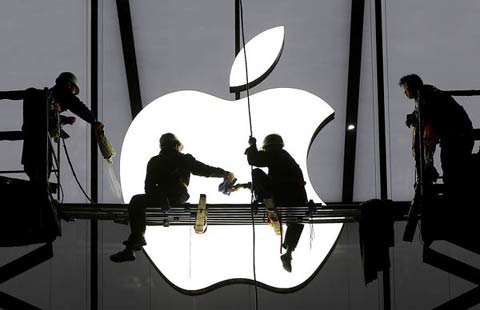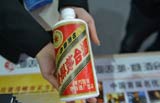Harnessing tech for better transport
By Emma Gonzalez (China Daily) Updated: 2015-06-04 08:23It was not until 2013 when the company went live with the product, that it gained its first customers and received funding to grow the business.
"Back in 2013, not many people understood our concept and what we wanted to do. The most critical moment for us was to obtain the first round of investment. After that everything got easier," he said.
Last year, the company received its second round of investment of $6 million from search engine giant Baidu Inc and private equity firms Matrix Partners and Buttonwood Capital.
"The reason we chose Baidu as an investor was because of its strong brand. Also, it was important that they shared our vision and that they wanted to invest in companies that use data to improve traditional industries".
A hundred individual users and more than 120 companies in China are currently using oTMS.
The company's largest customer is Danish retailer Bestseller A/S, owner of the Jack & Jones, Vero Moda and Only brands.
Dabrowski said that there is an obsession in China to improve efficiency in the B2C transportation industry due to the enormous success of e-commerce. But improvements in the B2B transportation industry have been neglected.
"The B2B transportation industry in China is a 5.4 trillion yuan market, while the express transportation industry is under 1 trillion yuan, even as the e-commerce sector is growing extremely fast. This is because despite the growth registered by the express industry, they still partly rely on B2B to operate."
He said that the radical transformation undergone by the B2C transportation industry in China indicates that a similar transition needed to be carried out in the B2B sector.
oTMS took the mechanism that had been implemented by express delivery companies and adapted them. The company believes that the imbalance between B2B and B2C shows that there is a very interesting market to develop in China.
- Aspiring e-commerce entrepreneurs must avoid being trapped in the regulatory maze
- China's logistics revenue surges in 2014
- Lifeline made of iron in western China
- Guangzhou charts plan to become international shipping hub
- China establishes industry fund to tackle poverty
- E-commerce, investment firms on the hunt for warehouse space
- Yuan to be used for Sino-Russia oil trade
- Curbs on car-hailing may be lifted
- Hanergy's debt web snags large lenders
- Alibaba unit buys Yueke to expand cinema reach
- Shanghai port group eyes German assets
- Tax pacts to make going global easier
- Markets attracting investors abroad
- Highlights of 10 years at Apple's WWDC

